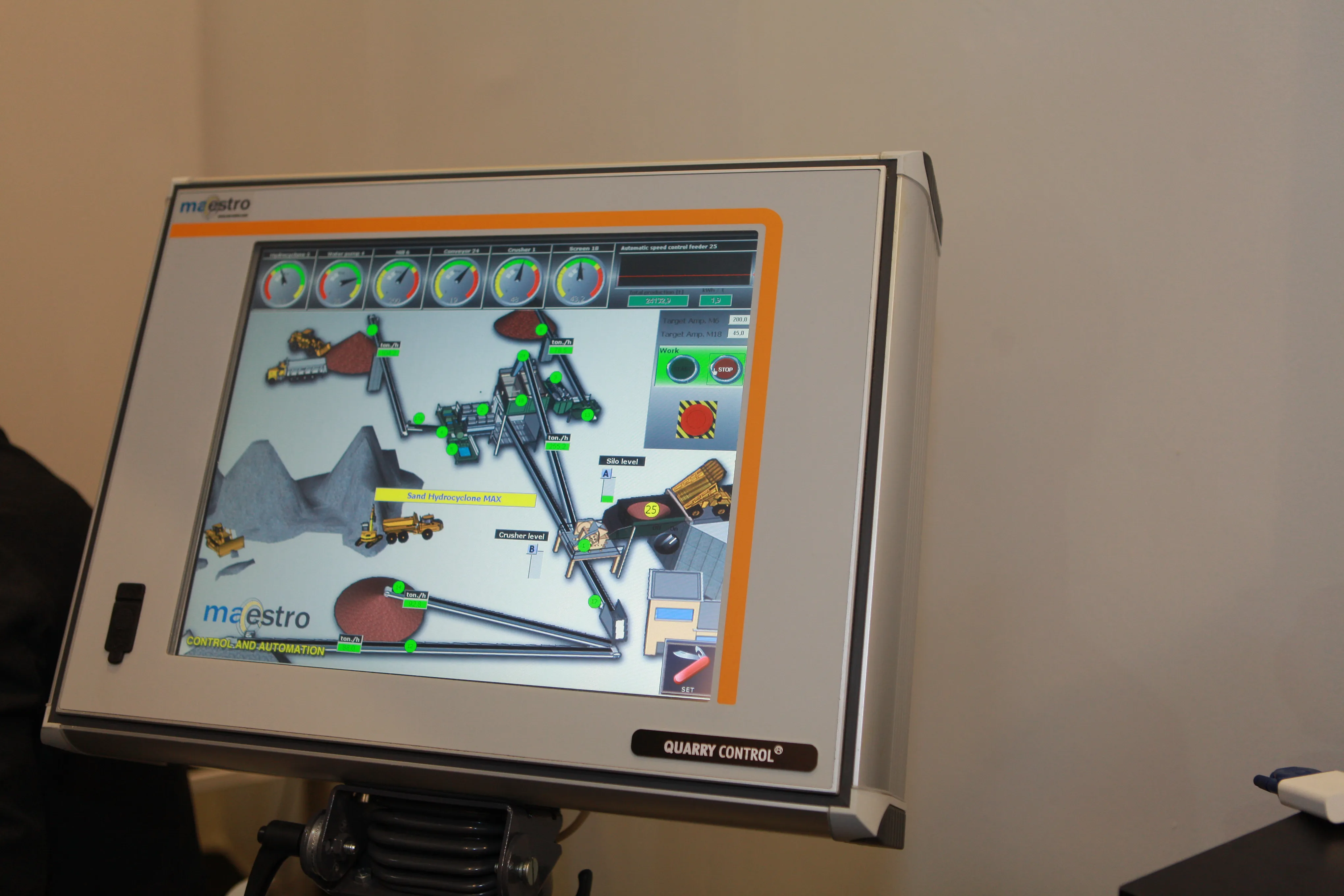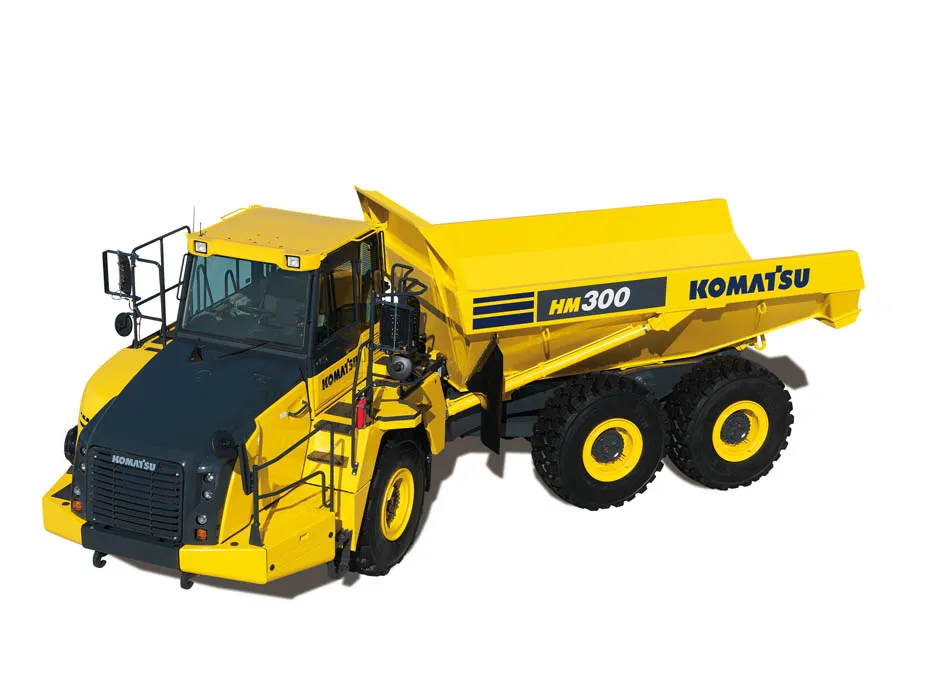Italian company Ma-estro has developed the Transport Q control system for the control of material and machinery movement on large road building sites and in quarries. It says that on building sites characterised by highly dynamic situations, the main problem has been that of tracing the movements of equipment and materials entering and leaving the site, and doing this automatically, safely and accurately. “A control system entrusted to a number of persons in continuous rotation, where external personnel pay
February 26, 2013
Read time: 2 mins

Italian company 3938 Ma-Estro has developed the Transport Q control system for the control of material and machinery movement on large road building sites and in quarries.
It says that on building sites characterised by highly dynamic situations, the main problem has been that of tracing the movements of equipment and materials entering and leaving the site, and doing this automatically, safely and accurately.
“A control system entrusted to a number of persons in continuous rotation, where external personnel pays little attention to procedures and where management is spread over a number of distant sites, considerably complicates the speedy recovery and registration of accurate information on materials bought and sold, as well as the corresponding accounting,” says Ma-estro.
“Constant monitoring, with the ability to visualise anywhere and at any time both stocks and inventory documentation, simplifies building site organisation by removing the unwelcome risk of creating emergency situations or excess production.”
After careful analysis of these and other aspects, Ma-estro proposed the Transport Q control system, which can recognise vehicles automatically, allowing management and tracing of materials entering and leaving building sites, and determining the exact quantities loaded and unloaded and the real empty weight of the vehicles. It also informs the operator as to the loading/unloading site and the type of material.
In some cases, special video cameras have been supplied allowing automatic recognition of vehicles in transit and, thanks to integration with building site weighbridges, the system can also acquire information including vehicle registration number and owner data; date and time of entry and exit; empty and loaded weights of the vehicle; photographs of the material loaded/unloaded and of the vehicle; destination and final customer data; destination distance for the material, and type of material.
“Thanks to the information acquired autonomously by the system, the shipping document can be printed automatically, avoiding any personnel errors and also accelerating accounting operations when invoicing.”
2 Internal <?xml version="1.0" encoding="utf-16"?><dictionary /> 2 11560 0 oLinkInternal <span class="oLinkInternal"><span class="oLinkInternal">View more videos</span></span> Video false /event-news/bauma-2013/video/ true false %>
It says that on building sites characterised by highly dynamic situations, the main problem has been that of tracing the movements of equipment and materials entering and leaving the site, and doing this automatically, safely and accurately.
“A control system entrusted to a number of persons in continuous rotation, where external personnel pays little attention to procedures and where management is spread over a number of distant sites, considerably complicates the speedy recovery and registration of accurate information on materials bought and sold, as well as the corresponding accounting,” says Ma-estro.
“Constant monitoring, with the ability to visualise anywhere and at any time both stocks and inventory documentation, simplifies building site organisation by removing the unwelcome risk of creating emergency situations or excess production.”
After careful analysis of these and other aspects, Ma-estro proposed the Transport Q control system, which can recognise vehicles automatically, allowing management and tracing of materials entering and leaving building sites, and determining the exact quantities loaded and unloaded and the real empty weight of the vehicles. It also informs the operator as to the loading/unloading site and the type of material.
In some cases, special video cameras have been supplied allowing automatic recognition of vehicles in transit and, thanks to integration with building site weighbridges, the system can also acquire information including vehicle registration number and owner data; date and time of entry and exit; empty and loaded weights of the vehicle; photographs of the material loaded/unloaded and of the vehicle; destination and final customer data; destination distance for the material, and type of material.
“Thanks to the information acquired autonomously by the system, the shipping document can be printed automatically, avoiding any personnel errors and also accelerating accounting operations when invoicing.”
Stand: C2.102
%$Linker:







